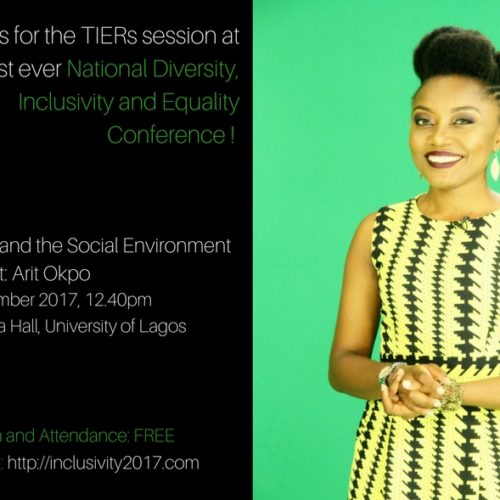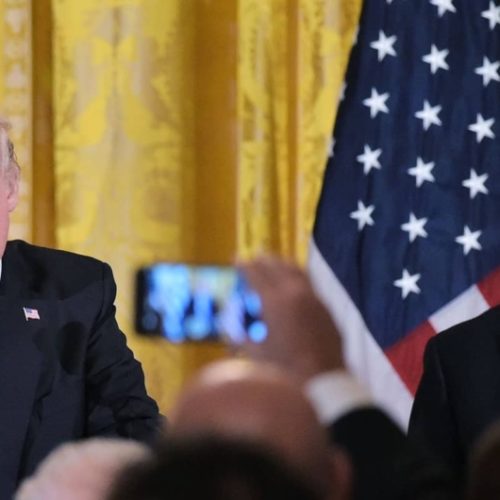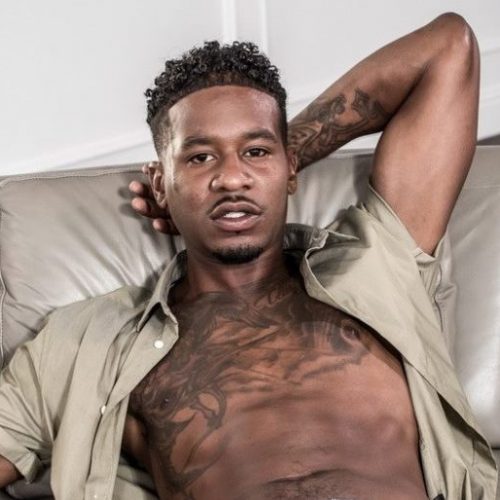Dictionary.com capitalizes “Black”, also replaces references to homosexual in largest update ever
Dictionary.com has announced that it has updated more than 15,000 entries on its central site, including capitalizing Black in reference to people, replacing references to “homosexual” and more.
The changes represent the site’s biggest update ever, including 650 new entries for words, 2,100 new definitions, 1,200 new etymologies, 1,700 new pronunciations and more than 11,000 revised definitions.
A statement from the site said that “capitalizing Black confers the due dignity to the shared identity, culture, and history of Black people. It also aligns with the practice of using initial capital letters for many other ethnic groups and national identities, e.g., Hispanic.”
Dictionary.com called the move “major — and extremely rare” in the “dictionary world.”
The statement added that the site developed an entirely new entry for Black in reference to people to separate its meaning from other uses of black “whose dozens of definitions range from senses extending from a core meaning of darkness, to related senses involving dirt, and even metaphorical uses involving evildoing.”
“Dictionaries are not merely a linguistic exercise or academic enterprise. What are the effects of Black, referring to human beings, being grouped together with black, which can mean, among other things, ‘wicked’? The effects are social. They are psychological. They are personal. How words are entered into the dictionary—especially words concerning our personal identities—have real effects on real people in the real world,” the statement said.
Dictionary.com also replaced references to the word “homosexual,” such as using “gay, gay man, or gay woman.” It has replaced references to “homosexuality” with “gay sexual orientation.”
It made these changes to avoid implying or suggesting that being gay or bi is a pathology.
“For example, we now define ‘gayness’ as ‘gay or lesbian sexual orientation or behavior’ compared to the outmoded gloss of ‘homosexuality.’ These changes alone affect over 50 entries,” they wrote in their update for September. “The previously used terms – homosexual and homosexuality – originated as clinical language, and dictionaries have historically perceived such language as scientific and unbiased. But ‘homosexual’ and ‘homosexuality’ are now associated with pathology, mental illness, and criminality, and so imply that being gay – a normal way of being – is sick, diseased, or wrong.”
The site also updated its definitions of words that use the “-sexual” suffix, such as bisexual or pansexual. Previously, its definitions used the phrasing “romantically or sexually attracted to,” but, under the new changes, it will now use “romantically, emotionally, or sexually attracted to.”
“Not only do these revisions help eliminate heterosexual bias in language, they also help better convey the diversity and richness of—and take Pride with a capital P in—human sexual experience and identity,” the site said.
The site also updated entries on mental health, including replacing all instances of “commit suicide” with “die by suicide” or “end one’s life,” explaining that the language is “preferred by mental health professionals and suicide prevention specialists.”
“The moralistic verb ‘commit’ is associated with crime (in the justice system) and sin (in religion), deepening the emotional pain surrounding this sensitive but important subject—and thickening the barriers to talking openly about it,” the site said.
The site has also removed uses of the word “addict” as a noun, instead referencing “a person addicted to” or a “habitual user of,” stating that “these changes foreground the fact that people who have addictions are human beings, first and foremost.”
“Referring to people with addictions as addicts or alcoholics reduces them to a label—and one long connoting moral failure and weakness of character—and defines them by only a single aspect of their complex humanity,” the statement said.
The site also added a slate of changes surrounding emotional support, comfort, service and other health and assistance uses for animals.
And it added slang words such as “GOAT” and “janky,” as well as movement names like “MeToo.” Some other new terms that can be found on Dictionary.com include Black Lives Matter, BIPOC, gender reveal, Twitch, whitesplain, and AF, as well as contouring, a technique often used in drag.
About author
You might also like
TIERs is partnering with first ever national conference on Diversity, Inclusivity and Equality
The Initiative for Equal Rights is proud to partner with and invite you to the first ever conference on Diversity, Inclusivity and Equality in Nigeria, organized by the University of
Trump and Pence want to slash $350 million from HIV/AIDS prevention budgets
Donald Trump and Mike Pence have made proposals to gut the funding for the US’s pioneering HIV/AIDS prevention projects. The bulk of the cuts are proposed to the President’s Emergency
“All That Dick But No Bass In Your Voice.” The Gays React To A Video Of Porn Star Knockout Speaking In A High-Pitched Voice
Knockout is a consummate adult film performer, who has worked with quite a number of porn studios, from Black Rayne Productions to Noir Male. He is also the very depiction










3 Comments
Delle
September 07, 10:49Beautiful!
Just beautiful!???
This should have an effect on homophobia. I’m thinking.
Flexsterous
September 07, 23:58Is this sarcasm? cause I can’t tell.
Mandy
September 08, 06:24Well done, Dictionary, for getting with the times.
Now, if only the Church would follow suit.